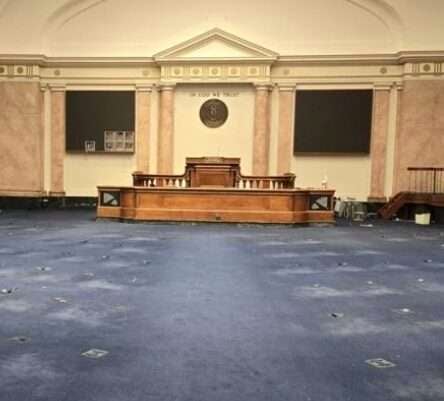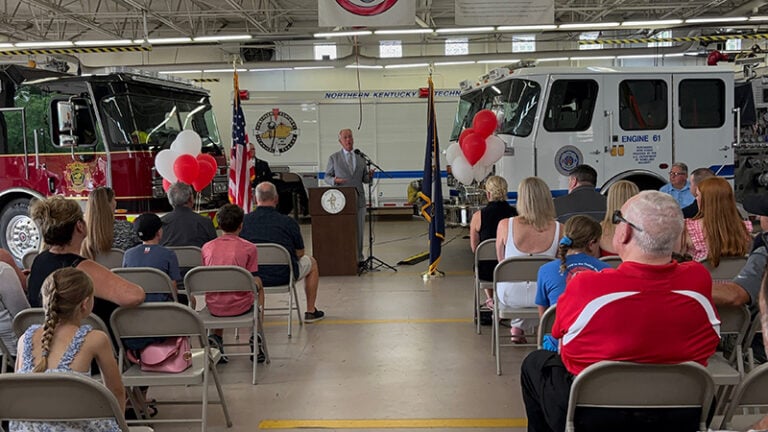The most-anticipated bill of the General Assembly’s 2018 session was unveiled this week with the introduction of a public pension reform bill in the Senate.
The proposal is different in significant ways than the one that was unveiled last fall. Perhaps most significantly, the new plan does not call for moving public employees into a defined contribution 401 (k) –style system. Though some policymakers were philosophically drawn to the idea of going to such a system, it proved to be too costly, especially during tight budget times, legislative leaders said.
Those who unveiled the new plan, introduced as Senate Bill 1, say it is data-driven and based on actuarial analysis. The plan would fully fund public pensions and eliminate unfunded pension liabilities of an estimated $40 to $60 billion over several decades.
In addition to calling for more money to support the systems, the new approach would also achieve cost-savings in numerous ways, such as cutting in half the cost-of-living adjustments for retired teachers for 12 years. It would also prevent state employees from using sick time as a bridge to retiring early with full benefits.

The legislation will be debated in the legislative committee system before it has a chance to be heard by the full Senate. Legislative leaders say that actuarial analysis supporting the plan will be released to the public for review before lawmakers vote on the matter.
In other business this week, legislation on a number of other issues advanced:
Dyslexia. House Bill 187 would require the state to provide school districts with a “dyslexia toolkit” to guide instruction of students with dyslexic traits. In hopes to provide a mechanism to fund district support for dyslexic students, HB 187 has passed the House Education Committee and now returns to the full House for further consideration.
Terrorism. Senate Bill 57 would allow someone injured by an act of terrorism to file a claim for damages against the terrorist, giving the victim recourse through the state when federal law may not view an act as terrorism. With a 17-0 vote from the House Judiciary Committee, the measure now goes to the House floor for further consideration.
Pawn Shops. House Bill 74 would make it harder to pawn stolen items in Kentucky by requiring the daily transactions at pawnshops to be entered into a database accessible to police. After passing the state Senate with a 35-0 vote, the legislation now goes back to the House for consideration of a Senate amendment to the bill.
Sex Trafficking. Senate Resolution 149 recognizes the hospitality industry’s role in identifying and preventing child sex trafficking and encourages Kentuckians to patronize hospitality facilities that participate in the Tourism Child-Protection Code of Conduct. With a 35-0 vote on the Senate floor, SR 149 has been adopted.
Sex offenders. House Bill 70 is an attempt to clarify and revise Kentucky’s restrictions on internet access for registered sex offenders after a unanimous decision by U.S Supreme Court last year that struck down a similar North Carolina ban. After passing the Senate Judiciary committee, HB 70 now goes to the full Senate for consideration.
Adoption and Foster Care. House Bill 1 seeks to alter several aspects of Kentucky’s current adoption and foster care laws. These provisions would allow the state to charge a mother with child abuse if she gives birth to a drug-addicted baby, streamline rules for termination of parental rights, and ensure that dependent, neglected or abused children placed in foster care are reunified with family or placed in a new permanent home in a timely manner. Passing through a House committee meeting this week, HB 1 now goes to the full House for consideration.
To share feedback on issues under consideration with state lawmakers, please call the General Assembly’s toll-free message line at 1-800-372-7181.

















